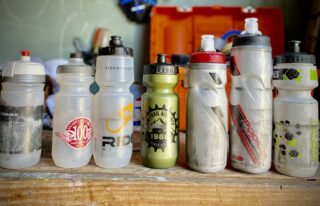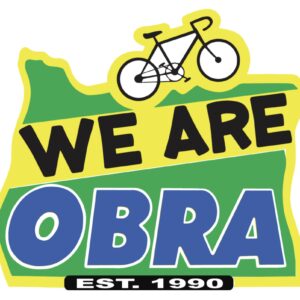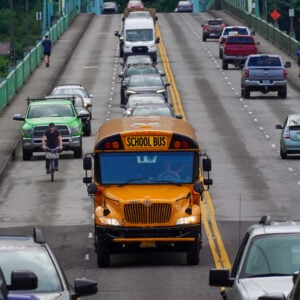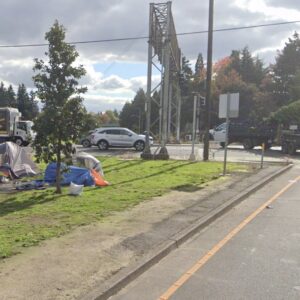
We’re nearly a month into this virus outbreak and we’re still learning about the many different ways it impacts our community. Especially people who were more vulnerable going into it.
Today I heard from Portlander Mia Matusow. She’s a volunteer with Blanchet House, a local nonprofit that has served millions of free meals and provided other essential services to our homeless neighbors since 1952.
Mia said access to water is harder than ever for people who live outside. That’s because they usually depend on public water sources like Benson Bubblers and drinking fountains and faucets inside parks. But those have been closed to stop the virus from spreading. Cafes and coffee shops that people might have received water from are also closed.
Advertisement
People who no longer have access to these water sources and who don’t have a stable place where they can and use running water must now store and carry more water than usual. But many of them don’t have water bottles. That means they’re not drinking enough.
“Members of the homeless population are facing serious dehydration,” Mia says.
She reached out to BikePortland because she thought there might be bike-related businesses or event promoters who may have many extra bottles lying around.
With dozens of major bike events cancelled in the past month (official racing season has been postponed through May 31st), could their be boxes of bottles gathering dust out there? Beyond surplus bottles made for events that won’t ever happen, Mia says gently used bottles are needed as well.
If you can help, get in touch with Mia at bluelinemia [at] live [dot] com. You can also drop them off at Blanchet House directly at 310 NW Glisan St. Their phone number is (503) 241-4340 and their email is info@blanchethouse.org.
— Jonathan Maus: (503) 706-8804, @jonathan_maus on Twitter and jonathan@bikeportland.org
— Get our headlines delivered to your inbox.
— Support this independent community media outlet with a one-time contribution or monthly subscription.







Thanks for reading.
BikePortland has served this community with independent community journalism since 2005. We rely on subscriptions from readers like you to survive. Your financial support is vital in keeping this valuable resource alive and well.
Please subscribe today to strengthen and expand our work.
I’d like to hear more from the health department about that ban, particularly in view of CDC’s FAQ: https://www.cdc.gov/coronavirus/2019-ncov/php/water.html#:~:text=The%20COVID%2D19%20virus,causes%20COVID%2D19.
“The COVID-19 virus has not been detected in drinking water. Conventional water treatment methods that use filtration and disinfection, such as those in most municipal drinking water systems, should remove or inactivate the virus that causes COVID-19.”
If I had to take a guess, it’s probably not about the water itself. If you have a public drinking fountain and multiple people use it, the handles and even the faucet itself could become contaminated and be a source of spread. That said, the needs of the homeless absolutely need to be taken into consideration when any policy is formulated, including policies aimed at preventing the spread of disease.
Benson bubblers have no handles and the spigot is continuously washed by treated water. They are not a vector in other contagious diseases.
Unless you touch it…
They work best if you use your mouth to make a tight seal around the spigot.
I have witnessed a person washing his butt in a Benson Bubbler. I don’t know if disease got fixed to the fountain but I will never use one of those again
Public bidets would cut down on toilet paper demand…
I have witnessed profoundly unsanitary use of the Benson Bubblers where a person was attending to personal hygiene, down by the Chinese Garden My first post to mention this was deleted. I would consider it a favor if I was forewarned about this type of thing
Yeah it’s true in fact there was even a clip of it circulating around. Yikes.
Are there reliable indications from people who study this that Benson Bubblers are a means of transmitting a virus? (Without touching them which is totally optional).
Should ‘out of an abundance of caution’ join ‘thoughts and prayers’ in the memory hole? Corona virus kills people but so does thirst. Given the choice of a BB vs a used water bottle I’m probably going to be in that long line.
For my gently used plastic water bottle, how do I get rid of the green or yellow scum at the bottom of it before I donate it?
Bleach solution?